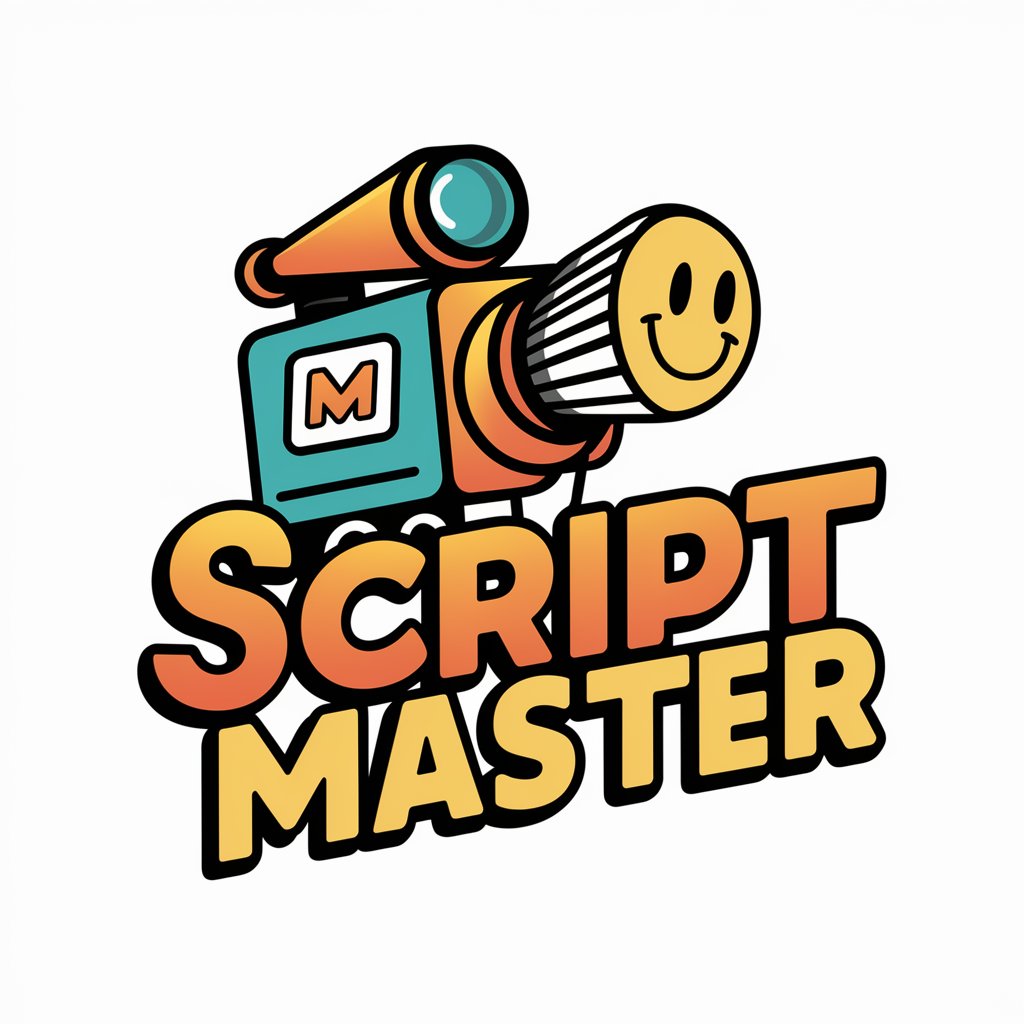Paper Scaffold - Academic Writing Support

Hi there! Let's make academic writing simpler.
Elevate Your Writing with AI-Powered Insights
Explain the significance of...
How does the concept of...
Describe the relationship between...
Analyze the impact of...
Get Embed Code
Understanding Paper Scaffold
Paper Scaffold is designed as a digital assistant for structuring and refining academic papers, offering specialized guidance and support throughout the writing process. Its core function revolves around assisting users in organizing their ideas, arguments, and research findings into a coherent and structured academic paper. Imagine a scenario where a student is grappling with organizing their research findings on climate change impacts into a structured format. Paper Scaffold steps in by suggesting an appropriate structure that begins with an introduction to climate change, followed by a literature review, methodology, results, discussion, and conclusion sections. This tailored guidance helps the student to clearly present their arguments and findings, ensuring their paper is well-organized and academically sound. Powered by ChatGPT-4o。

Core Functions of Paper Scaffold
Structural Guidance
Example
Providing a step-by-step guide on organizing a research paper
Scenario
A postgraduate student is confused about how to structure their thesis on economic theory. Paper Scaffold outlines a structure starting with an abstract, introduction, literature review, methodology, analysis, discussion, and conclusion, making the writing process more manageable.
Idea Development
Example
Assisting in the expansion and refinement of academic ideas
Scenario
An undergraduate struggles to develop their thesis statement for a paper on renewable energy. Paper Scaffold suggests exploring the economic, environmental, and social impacts of renewable energy adoption, helping the student to formulate a comprehensive and focused thesis statement.
Citation and Referencing Assistance
Example
Guidance on proper citation styles and practices
Scenario
A researcher is unsure about the correct way to cite multiple sources in their paper on psychology. Paper Scaffold provides detailed examples of APA and MLA citation formats, ensuring the researcher accurately credits sources and avoids plagiarism.
Feedback on Drafts
Example
Offering constructive feedback on written drafts
Scenario
An academic is seeking feedback on a draft of their journal article. Paper Scaffold reviews the draft, offering specific suggestions on improving clarity, argumentation strength, and ensuring the paper meets the submission guidelines of the intended journal.
Who Benefits from Paper Scaffold?
Students
Both undergraduate and postgraduate students who are navigating the complexities of academic writing can greatly benefit from Paper Scaffold. It helps in demystifying the structure of academic papers, developing thesis statements, and ensuring that their arguments are well-supported and clearly articulated.
Academic Researchers
Researchers looking to publish their findings can use Paper Scaffold to structure their papers effectively for journal submissions. It assists in organizing research findings coherently, providing citation guidance, and refining argumentation to meet academic standards.
Educators
Educators can utilize Paper Scaffold as a teaching aid to guide students in the process of academic writing. It serves as a resource for educators to provide examples of well-structured papers and to facilitate workshops or seminars on effective writing techniques.

How to Use Paper Scaffold
Start Your Journey
Begin by visiting yeschat.ai to access Paper Scaffold with a complimentary trial. No login or ChatGPT Plus subscription is required.
Select Your Template
Choose from a variety of templates tailored for different academic needs, including essays, research papers, and thesis proposals.
Input Your Work
Enter the text of your paper or the specific section you're working on. Paper Scaffold will analyze your content to provide structured feedback and guidance.
Review Suggestions
Carefully review the feedback provided by Paper Scaffold. It will include suggestions for improvement, such as clarity, originality, and structuring.
Revise and Refine
Use the insights and suggestions from Paper Scaffold to revise your paper. The tool is designed to help enhance your writing through iterative refinement.
Try other advanced and practical GPTs
Question Explorer
Unleash Curiosity with AI-Powered Inquiry

Legal Insight
AI-Powered Legal Information and Clarity

Pet Pal
Your AI Companion for All Things Pet Care

Travel Hacks
Your AI-Powered Compass to the World

Script Master
Craft engaging scripts with AI power

Culinary Explorer
Explore. Cook. Discover. AI-Powered Culinary Journeys.

Cartoon Generator
Turn Photos into Cartoons with AI

C4 콘서팅
Navigate Visa Complexity with AI-driven Insights

Contest Scout
AI-powered Contest Finding Assistant

But why is it important?
Turning Research Into Action

Presentation Pro
Craft compelling slides with AI efficiency

育休復帰コンシェルジュ
Empowering Your Return to Work with AI

Frequently Asked Questions About Paper Scaffold
What types of academic writing can Paper Scaffold assist with?
Paper Scaffold is versatile and can assist with a wide range of academic writing, including essays, research papers, literature reviews, thesis proposals, and dissertations. It's designed to cater to the needs of both undergraduate and postgraduate students across various disciplines.
How does Paper Scaffold improve the clarity of my writing?
By analyzing your input text, Paper Scaffold identifies areas that may lack clarity or coherence. It suggests more precise wording, advises on structuring sentences and paragraphs for better flow, and highlights areas where additional explanation or evidence may be needed.
Can Paper Scaffold help with avoiding plagiarism?
Yes, Paper Scaffold can help identify sections of your text that may need proper citation or paraphrasing to avoid plagiarism. It encourages original writing and critical thinking, emphasizing the importance of academic integrity in your work.
Does Paper Scaffold offer feedback on citation and referencing styles?
While Paper Scaffold focuses on the content and structure of your writing, it can offer general advice on maintaining consistency with citation and referencing styles. For detailed guidelines, it's recommended to consult the specific style manual relevant to your academic discipline.
How can I get the most out of Paper Scaffold?
To maximize the benefits of Paper Scaffold, enter detailed sections of your paper for analysis, be open to revising your work based on the feedback, and use the tool iteratively as you develop and refine your writing. Additionally, familiarizing yourself with the suggested improvements can help improve your writing skills over time.
